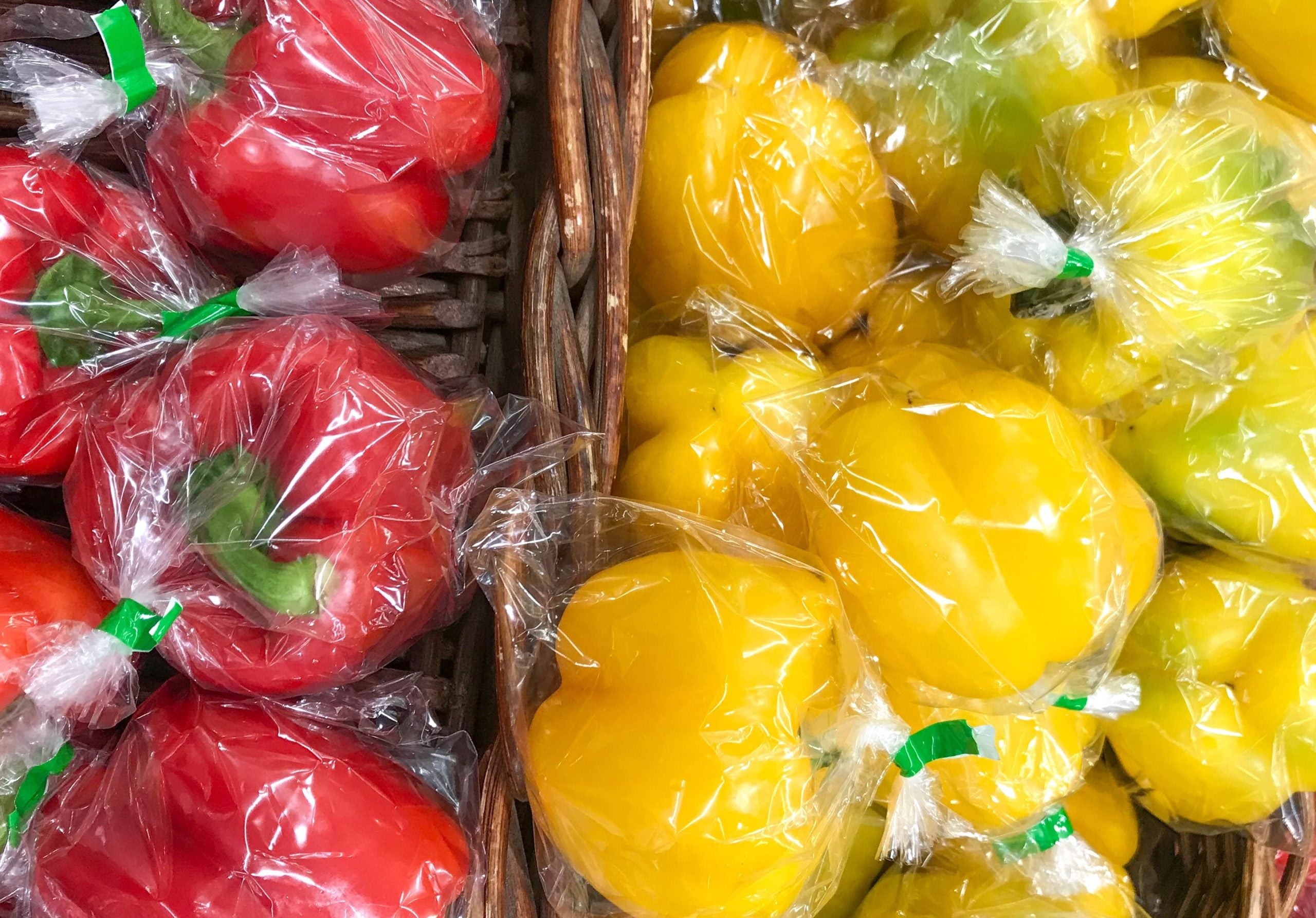
The UK-based projects, which are receiving a combined sum of GBP3.2m (US$3.97m), are being funded by round two of the SSPP Challenge’s future plastic packaging solutions competition with the aim of benefitting the environment in the long-term.
The plastics reduction innovation includes:
- Encouraging consumers to move to refill and reuse
- New edible and biodegradable bio-based materials
- Advanced recycling technologies
- Plastic pollution mapping.
The 17 projects range from providing seaweed-based biomaterials and offering reusable packaging systems to using an AI-based global map of marine plastic pollution.
The UKRI’s SSPP Challenge is said to represent the largest UK government investment in sustainable plastic packaging and the projects are expected to go on to support the achievement of the UK Plastics Pact.
“SSPP is working to make plastic packaging fit for a sustainable future, supporting over 70 research and innovation projects focused on consumer plastic packaging,” said Paul Davidson, the challenge director for the SSPP Challenge.
He continued: “Taken together, these latest SSPP-funded projects offer up exciting opportunities to tackle plastic packaging waste holistically by reducing it at source, encouraging the rollout of reuse and refill business models, and driving more effective and sophisticated recycling and pollution monitoring and measuring.”
The UK projects receiving funding for plastic reduction innovation
The first five projects will examine the potential of various plant-based biodegradable polymers to replace fossil fuel-based plastics.
These projects will develop new, ‘plastic-free’ packaging for a range of food, personal and cleaning products, as well as more recyclable takeaway food packaging solutions.
Through these advancements, the UKRI believes the initiatives have the potential to reduce conventional plastic use and the amount of plastic waste that cannot be recycled and ends up in the bin.
The next five projects will explore how to stimulate more reuse and refill and reduce single-use plastic packaging, in everyday shopping and on-the-go food and drinks consumed.
These projects will explore different aspects of the challenge, including consumer perception and behaviour, cleaning and hygiene, and logistics.
The remaining projects are geared towards boosting plastics recycling in the UK and encouraging the use of recycled materials. Innovative digital methods to package design and “nudging” customer recycling behaviour at home are among the advances being studied, as are new sorting and recycling technologies.
The 17 projects selected are:
- Algreen Ltd: bio-based multi-layer flexible pouch packaging
- Blow Moulding Technologies Ltd: optimisation of plastic packaging through computer-aided design
- Cauli Ltd: smart REusable cup dispensers and REturn kiosks
- Circular11 Ltd: turning low-grade plastic waste into timber substitutes
- CircuPlast: a green chemical recycling process for PET
- CLUBZERØ (CupClub Ltd): reusable IoT-enabled takeaway food containers, process and infrastructure
- Codipac: a hygienic, reusable food packaging solution
- Jara Partnership Ltd: eradicating unnecessary single-use plastic in personal care
- Let’s go Zero Ltd: circular supermarket
- LitterLotto (partnered with RECOUP and Buckinghamshire Council): nudging behaviours towards consistent home recycling
- MarinaTex Ltd: in-flight biopolymer-based flexible film consumer packaging
- PlantSea Ltd: seaweed made capsules for fluids and powders to replace PVOH film
- Plastic-i Ltd: enabling the solutions to marine plastic pollution from orbit
- Recycleye Ltd: artificial intelligence-powered sorting for plastic packaging
- Sustainable Packaging Products Ltd: recyclable paper-based biodegradable frozen food packaging
- TOPUP TRUCK Ltd: refill shopping on the doorstep
- Xampla Ltd: plant protein paperboard coatings



